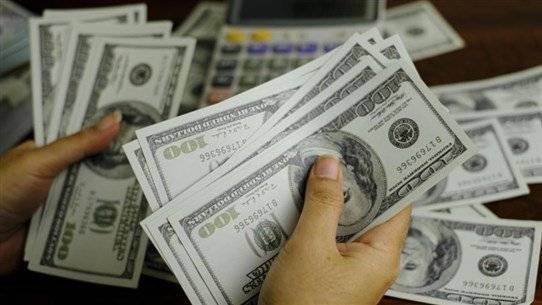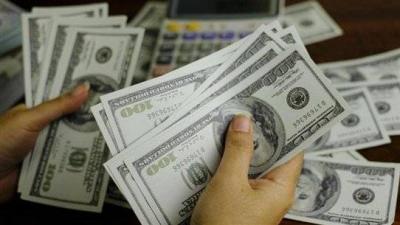While waiting for the formation of the new government, people’s urgent concerns and living demands are paramount. Financial and economic expert Nasib Ghibril hopes that the new government will urgently address economic, living, and monetary issues without delay, noting that all reforms have been postponed between the parliamentary elections and the presidential deadline. In an interview with "Al-Anbaa" electronic platform, he stated that "any government formed must provide quick and convincing solutions to the existing problems so that Lebanon can regain the world's trust as it once had, and not offer excuses."
Regarding the dollar price, he pointed out that the parallel market dollar emerged due to liquidity shortages and declining remittances since 2019. The rising dollar is not subject to regulation, and some are trying to profit from every political situation. He believes that forming a government this time will not lead to a positive shock like the one seen when the resigned government was formed, recalling how the dollar's price decreased to 13,000 LBP. Ghibril called for unifying the exchange rate and reducing reliance on the parallel market, considering that forming a government is better than no government, especially if we fail to elect a president and enter a state of vacuum.
Regarding the budget, he wished for it to be the 2023 budget instead of the 2022 budget, which is nearing its end after nine months of the year. The 2022 budget was drafted in February and based on part of the public finances. The government was supposed to continue expenditures based on the twelfth principle and prepare a new budget, but the approach of bidding has led to this outcome. Amid all this, the International Monetary Fund (IMF) mission has begun its rounds with officials and stakeholders, monitoring the progress of the required reforms and budget discussions, noting that it will record its observations while waiting for the constitutional institutions to return to order so the country can breathe again and continue serious negotiations with the IMF to salvage what remains of its vitality.




